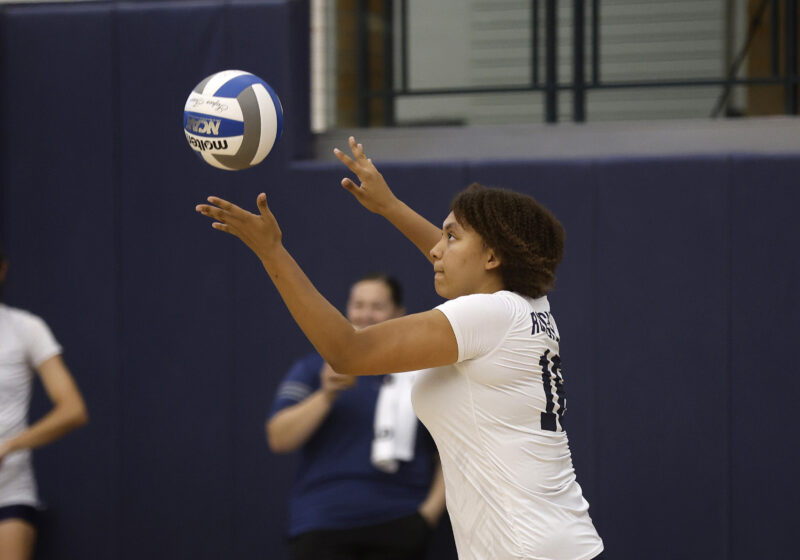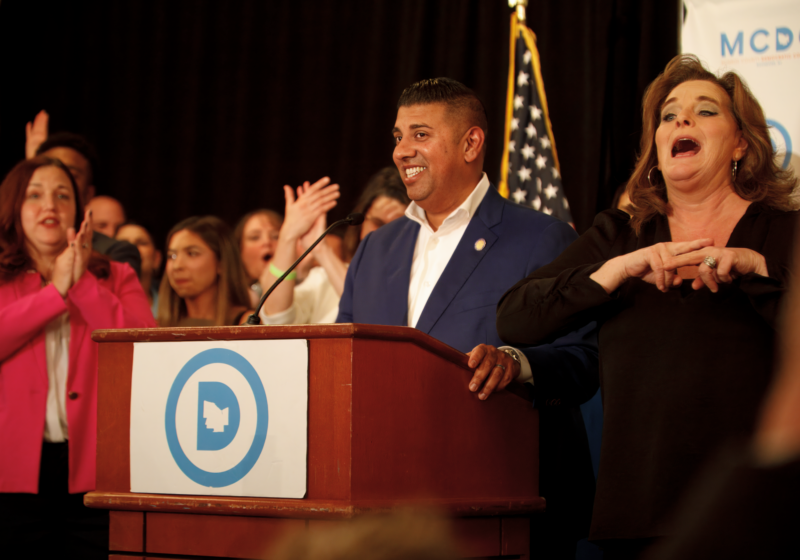On Oct. 11, UR President Joel Seligman sent a letter to the UR community announcing the creation of an Interdisciplinary Fund that will go into effect on July 1, 2008. Administered by Provost Ralph Kuncl, the fund will allocate two hundred and fifty thousand dollars a year to promote faculty research among multidisciplinary fields. The letter expresses Seligman’s desire to encourage more creativity in faculty research.
“Great research is done in departments,” Seligman wrote. “Great research is also done on a multidisciplinary or interdisciplinary basis. We want to be flexible and nimble enough to support our faculty when their work crosses departmental lines just as we also want to be supportive when their work does not.”
Funding will come from contributions from the Presidential Venture Fund and additional resources that do not normally fund any academic department.
Last year, a Task Force on Interschool Interdisciplinary Studies, chaired by Provost Emeritus Charles Phelps and consisting of representatives from every school, suggested a centralized fund created solely for the purpose of advancing interdisciplinary research.
“UR has had a long history of successful collaboration across disciplinary and school boundaries, including activities supported by the University Committee on Interdisciplinary Studies (UCIS),” Phelps said.
Opportunities that have been available in the past include the Bridging Fellows Program, allowing faculty to take sabbatical leave to explore a different field, and the Humanities Project, created in 2006, which promotes interdepartmental research.
Research at UR has even crossed campus boundaries. For example, Electrical and Computer Engineering Department professor Mark Bocko once worked with Music Theorist from the Eastman School of Music Professor David Headlam on a research project involving both their fields.
Kuncl said that this new fund provides a new outlet for a variety of interdisciplinary research, in the form of seed funding. Grants from the fund are meant to encourage faculty who will naturally come together anyway by giving them the leverage to translate their ideas into reality. However, it does this without the need to go to multiple deans for approval of funding when their ideas cross department boundaries.
“Interdisciplinary research is a way of the future,” Kuncl said, “but it is certainly not the only way – UR values its departmental research equally as well.”
Kuncl believed that last year’s task force saw a need for seed funding to help give ground to interdisciplinary interests that come about when faculty join forces. The idea is to support those preexisting research ideas and provide new opportunities for faculty.
Kuncl plans to appoint a faculty committee to organize details such as application procedures and to oversee the selection of the grants that are given. It will be decided if proposals can involve two or more academic divisions or if they must involve two or more units within an academic division. Details are still being worked out and much is still vague, such as what qualifies as interdisciplinary.
Kuncl said he would like to leave the definition of what qualifies as interdisciplinary open to all kinds of interpretation because the goal is to provide new opportunities to every division.
An appointed committee will help him answer questions of eligibility details and the selection process, which Seligman has asked for answers to by Jan. 15, 2008. Clarifications concerning the potential size of grants and the possible continuation of grants over multiple years will also be decided by that deadline.
“Interdisciplinary research and teaching is part of the air we have long breathed at the University of Rochester,” Seligman said. “It has helped make this University a thought leader. I wanted to build on this great tradition and provide further support.”
Leber is a member of the class of 2010.




